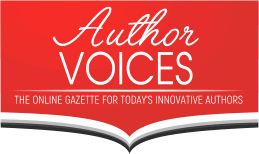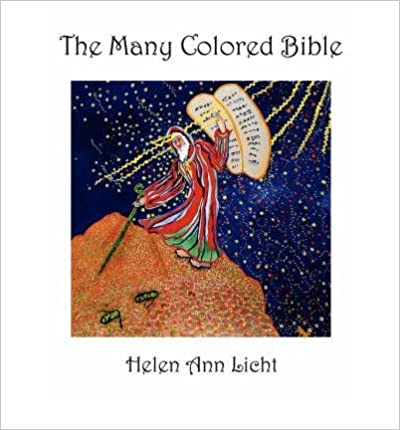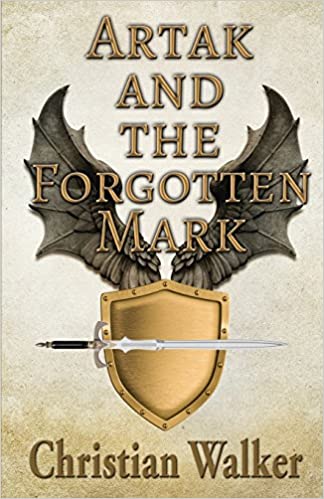Writing Style Key Elements to Produce Good Results
Use this Checklist to Help You Analyze your Own Style of Writing
Different authors have different writing styles—and we’ve all developed methods which are distinctive of how we come up with our works. Writing styles define many authors and without such disparity among writers, we wouldn’t be able to pick which ones are our favorites.

An author’s style of writing can be the most recognizable, especially among scholars and enthusiasts. An example of writing styles that readers can easily recognize would be that of Ernest Hemingway, who was known for his brief and straight to the point narrative, often avoiding long descriptions. Anyone’s style in writing can be identified with the author of a certain piece.
How does one go about developing writing with style? Below are the key elements of writing styles listed to guide you in developing your own method of writing.
Choice of Words
Take note when identifying different styles of writing: what sets your writing apart from the rest of the flock? The way you pick your words will affect how your readers will comprehend your writing, if your audience would deem your piece easy enough to understand as such.
Choose ones that they will easily grasp, which in turn will help them get the message you’re trying to convey. You don’t necessarily need to make your choice of words complex.
Tone
Although the general tone of your writing may be dependent on your audience based on style in writing, it’s good to establish your own distinct tone that’ll span across different types of readers. It’s not ideal to sound monotonous or pretentious in coming up with pieces that you believe your readers should check out.
Practicing the right tone while you’re creating your work can help in empathizing with the readers whom you want to keep interested in reading what you have for them. Authors always have a secret in captivating their readers with the right tone, and it’s best if you develop your own.
Vocabulary
A wide vocabulary can help establish the general understanding by the readers of your work. While it may be favorable to use archaic or unfamiliar yet fancy sounding words in your writing, it’s often a best practice to simplify the words you use instead of using ones that are too complex and often difficult to comprehend.

It might be impressive showing off your knowledge of words, but unless you’re writing poetry or eloquent prose, fancy words are hardly the best choice, so pick your words well, especially when conveying to a mass audience.
Sentence Structure
Authors need to be careful when constructing their sentences. Some lines may appear too wordy or too jarring to read. It’s best to create sentences that make sense the first time readers come across them. Awkward construction can often deter them from reading further.
Sentences can be either boring or ridiculous depending on how you structure them. Mold your words and chain them together in such a way that you’ll keep your readers focused on the message you’re trying to tell them, instead of having them concentrate on the structure of your sentences.
Perspective
Most readers would want to empathize with your writing, as they want to gain value from your work. There’s no denying, therefore, that considering the perspective of others can help in developing an excellent writing style.
View things from a reader’s point of view. It’s always best to identify who they are and what they’re interested in. Perhaps you could start with their age and their interests, so you can aim your work toward their preferences.
Now that you have a handy guide to developing your writing style, are you ready to create pieces that’ll capture the minds of readers from all over? Then go ahead and get started!
FEATURED AUTHORS
Worrying if I was telling too many secrets Leaving out so much.
Keep Reading »Writing is an arduous task even when one has all ideas clear in the read more
Keep Reading »Write the book, start marketing (letting people know of it) before you finish.
Keep Reading »









